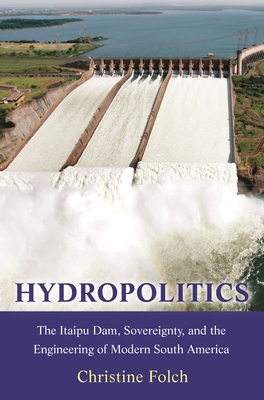Expedite your nonfiction book discovery process with Readara interviews, summaries and recommendations, Broaden your knowledge and gain insights from leading experts and scholars
In-depth, hour-long interviews with notable nonfiction authors, Gain new perspectives and ideas from the writer’s expertise and research, Valuable resource for readers and researchers
Optimize your book discovery process, Four-to eight-page summaries prepared by subject matter experts, Quickly review the book’s central messages and range of content
Books are handpicked covering a wide range of important categories and topics, Selected authors are subject experts, field professionals, or distinguished academics
Our editorial team includes books offering insights, unique views and researched-narratives in categories, Trade shows and book fairs, Book signings and in person author talks,Webinars and online events
Connect with editors and designers,Discover PR & marketing services providers, Source printers and related service providers

Hydropolitics: The Itaipu Dam, Sovereignty, and the Engineering of Modern South America
Social Science > Anthropology - Cultural & Social
- Princeton University Press
- Paperback
- 9780691186603
- 9.1 X 6.1 X 1 inches
- 0.95 pounds
- Social Science > Anthropology - Cultural & Social
- (Single Author) Asian American
- English
Readara.com
Book Description
An in-depth look at the people and institutions connected with the Itaipu Dam, the world's biggest producer of renewable energy
Hydropolitics is a groundbreaking investigation of the world's largest power plant and the ways the energy we use shapes politics and economics. Itaipu Binational Hydroelectric Dam straddles the Paraná River border that divides the two countries that equally co-own the dam, Brazil and Paraguay. It generates the carbon-free electricity that powers industry in both the giant of South America and one of the smallest economies of the region. Based on unprecedented access to energy decision makers, Christine Folch reveals how Paraguayans harness the dam to engineer wealth, power, and sovereignty, demonstrating how energy capture influences social structures.
During the dam's construction under the right-wing military government of Alfredo Stroessner and later during the leftist presidency of liberation theologian Fernando Lugo, the dam became central to debates about development, governance, and prosperity. Dams not only change landscapes; Folch asserts that the properties of water, transmuted by dams, change states. She argues that the dam converts water into electricity and money to produce hydropolitics through its physical infrastructure, the financial liquidity of energy monies, and the international legal agreements managing transboundary water resources between Brazil and Paraguay, and their neighbors Argentina, Bolivia, and Uruguay.
Looking at the fraught political discussions about the future of the world's single largest producer of renewable energy, Hydropolitics explores how this massive public works project touches the lives of all who are linked to it.
Author Bio
I work on water and energy politics amidst the constraints of the Anthropocene.
My first book Hydropolitics: The Itaipu Dam, Sovereignty, and the Engineering of Modern South America (Princeton University Press, 2019) is an in-depth look at the people and institutions connected with the Itaipu Dam, the world’s biggest producer of renewable energy. In it, I argue that the dam converts water into electricity and money to produce hydropolitics through its physical infrastructure, the financial liquidity of energy monies, and the international legal agreements managing transboundary water resources between Brazil and Paraguay, and their neighbors Argentina, Bolivia, and Uruguay.
My larger research agenda is on environmental ethics and how groups conceptualize and politicize their relationships to nature. As a cultural anthropologist, I am particularly interested in how energy and environmental impacts disproportionately negatively affect marginalized communities.
I'm an Assistant Professor in the Department of Cultural Anthropology and Environmental Science and Policy (Nicholas School of the Environment) at Duke University.
Source: Duke University
Videos
No Videos
Community reviews
No Community reviews

